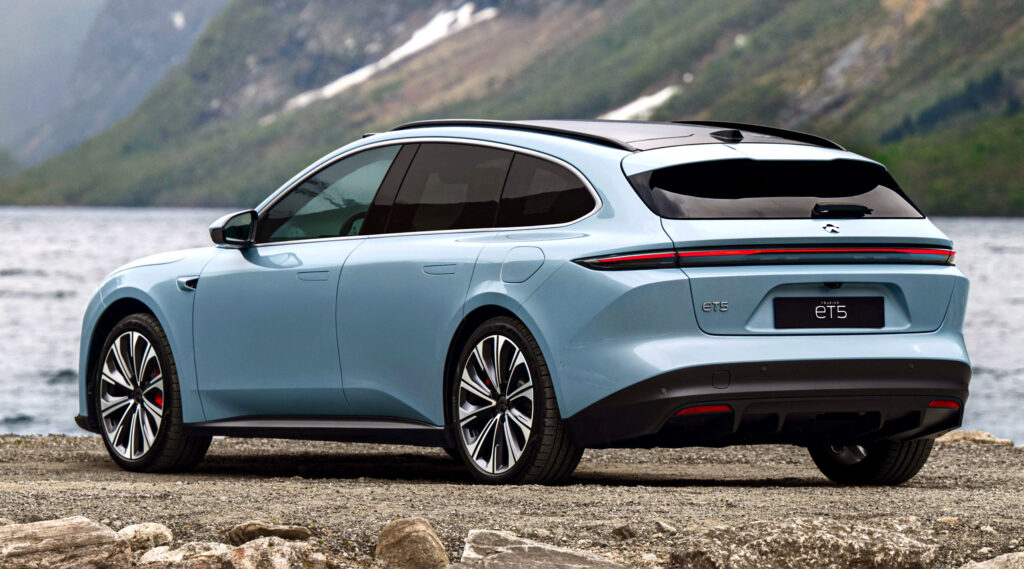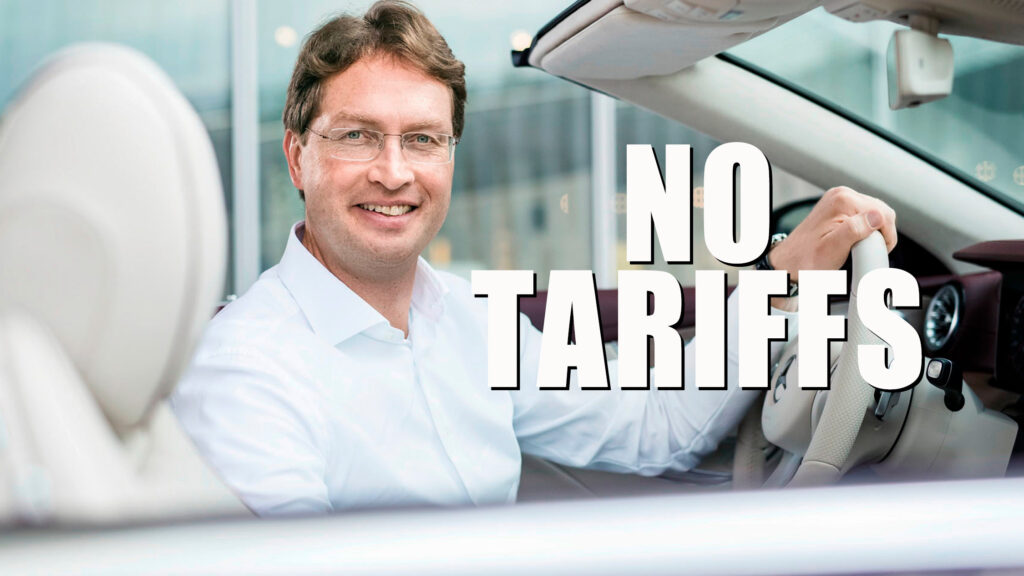Mercedes-Benz boss Ola Källenius believes that Europe should lower tariffs on electric vehicles imported from China, expressing his belief that increased competition will force European brands to build better cars.
Källenius made his comments during a recent interview with the Financial Times as the European Commission considers raising import duties on Chinese-made EVs, believing that they are unfairly subsidized by the Chinese government.
“Don’t raise tariffs,” Källenius said. “I’m a contrarian, I think go the other way around: take the tariffs that we have and reduce them.” Mercedes-Benz’s boss added that Chinese brands exporting to Europe is a “natural progression of competition and it needs to be met with better product, better technology, more agility. That is the market economy. Let competition play out.”
Read: Europe Appears Increasingly Likely To Hit Chinese EVs With Tariffs

As it stands, Chinese EVs are hit with a 10% tariff when imported to Europe while European carmakers pay a 15% tariff when exporting to China. Companies such as Stellantis and Renault have been outspoken about the threat posed by Chinese EVs but Källenius insisted Mercedes “did not ask for this [probe].”
“We as companies are not asking for protection, and I believe the best Chinese companies are not asking for protection,” he said. “They want to compete in the world like everybody else. It has been opening up markets that has led to wealth growth, especially in the economic wonder of China, that has lifted hundreds of millions of people out of poverty. If we believe protectionism is the thing that gives us long-term success, I believe history tells us that is not the case.”
Executives from German automakers like Mercedes likely fear retaliation from China should the European Commission enforce new tariffs. This could hurt Mercedes as more than one-third of all its car sales come from China. Geely and SAIC also own a fifth of its shares, so it has strong ties to the country.
“We live in a pragmatic world and realize there are some expectations to the general market economy rule . . . but if we seek our fortune in increased protectionism, we are going the wrong way.”




